7. Canaris House
Built in 1766
Admiral Canaris, executed on the
9th April 1945, was a direct descendant
of Peter Franz Canaris, builder
of this house.
Franz Peter Canaris, urban and electoral dignitary, had the house erected in 1766. His family came to the Moselle valley from Lake Como in the 17th century. Franz Peter Canaris became the mayor of the city and councillor to the archbishop. He passed away a wealthy man in 1792. His great-grandson, Admiral Wilhelm Canaris, was executed on 09/04/1945 in Flossenbürg concentration camp. As the head of defence, the military secret service, he participated in the resistance against Hitler.
Owner of the house built in the style of classicism
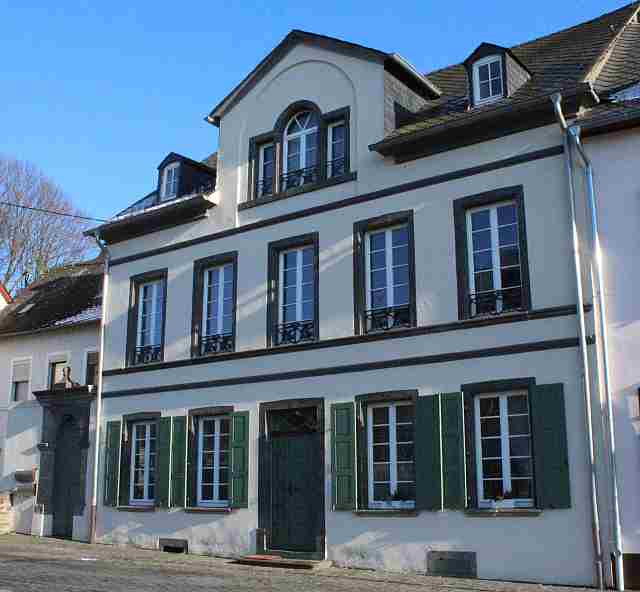
was Franz Peter Canaris, who was born in Bernkastel on 30 January 1724. The Canaris family had come to the Moselle from the small town of Sala Comacina on Lake Como at the end of the 17th century. We find them in Schweich, Cochem and Bernkastel. In their home on Lake Como, they lived from the linen trade.
After studies in Heidelberg, Franz Peter Canaris came to Münstermaifeld in 1759 as town clerk and court clerk. From 1762-1782 he also held the office of a juror. In 1761 and 1776/77 he was elected mayor. From 1767 onwards, he held the title of electoral chamber councillor. The Canaris were among the numerous "Welsh" immigrants who settled in the Electorate of Trier after the Thirty Years' War. Like Franz Peter Canaris, they made numerous careers in the service of the Elector. We find up to 50 names in the court and state calendars that refer to Italian roots.
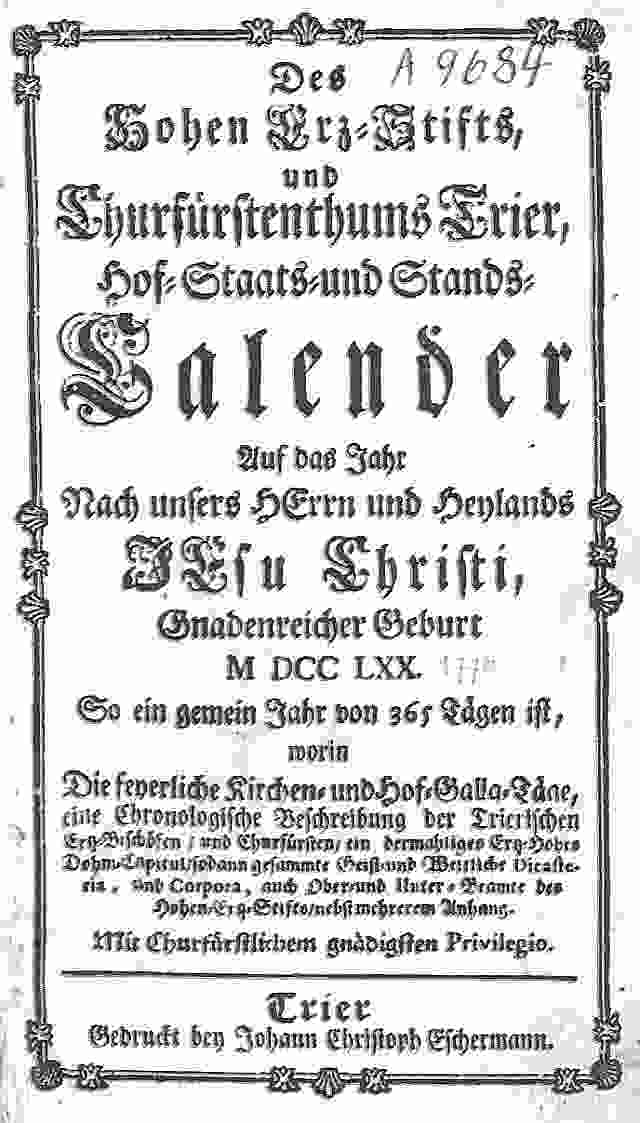
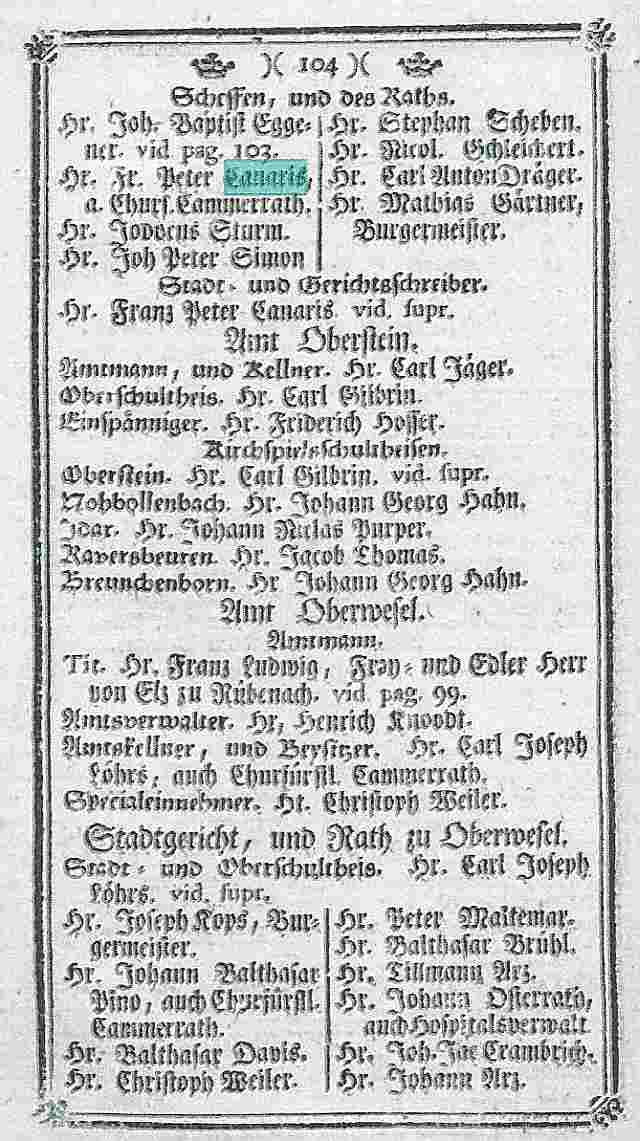
By the time of his death on 17 March 1792, he had achieved considerable wealth. The career of Franz Peter Canaris in the administration of the city and in the Electoral Court Chamber testifies to the close relationship between the city and the Elector. The archbishop was the sovereign who had included the city in the administration of the country as an Oberamt.
A bailiff from the regional nobility, who often did not reside in the town, supervised the wide area of office. In the town itself, the "Schultheiß" and the "Kellner" looked after the interests of the sovereign. As archbishop, the sovereign was also the spiritual head shepherd and, since 1515, provost of the monastery.
Since the 13th century, municipal self-government had developed alongside this, but it always remained bound to the dictates of the sovereign.
As the career of Franz Peter Canaris shows, it was no longer just his origin or land ownership that gave him influence. In the environment of the archbishop's court, studied people were in demand. The only descendant of Franz Peter Canaris, Franz Josef Ignaz, was unable to maintain his father's status. He was not successful in business and had to sell the Canaris house in 1820. He died in 1828 at the age of 37, leaving behind 5 sons and a daughter. The youngest son Johann Josef, born in 1817, became a mine conductor in Dortmund. He died in Dortmund in 1894. He is the grandfather of Admiral Wilhelm Canaris,
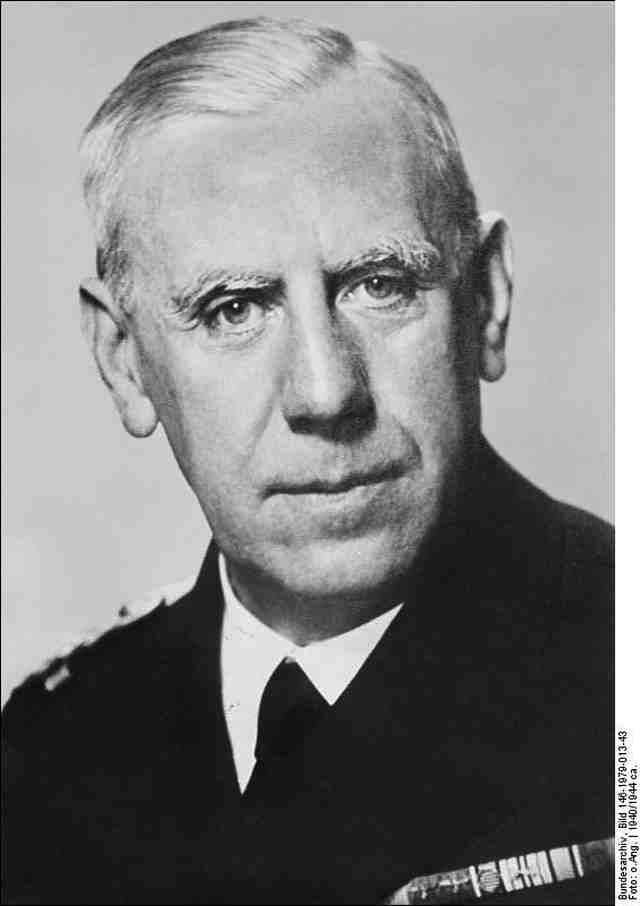
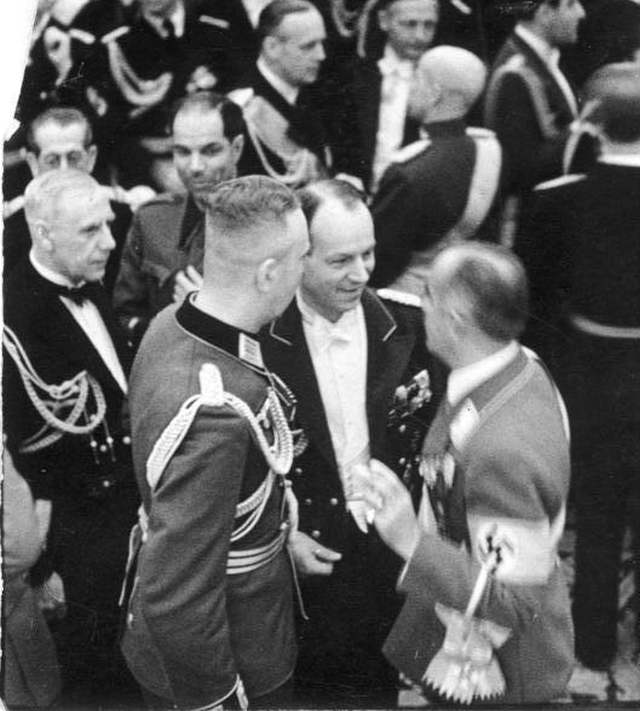
who was arrested after a dangerous double-cross as head of the Abwehr, the military intelligence service of the Wehrmacht, and supporter of the resistance against Hitler and the regime after July 20. Until shortly before the end of the war, the leadership of the Third Reich let him live. On 9 April 1945, after a summary trial, he was executed in Flossenbürg concentration camp.
In the photo, above, we see him, far left, at Hitler's 50th birthday reception in the circle of the Reich's power bearers. A few months later, Hitler triggered the Second World War.
Wilhelm Canaris often stayed in Münstermaifeld when he visited his relatives in Bernkastel.
Glossary
Court Chamber
The Court Chamber administered the income of the sovereign, the Archbishop of Trier.
"Kellner"
He was responsible for administering the money and payments in kind to the sovereign.
Provost
The provost represented the monastery externally. He was to defend the rights, goods and income of the monastery and preside over the tribunal. The provost had his own rights, duties and income vis-à-vis the chapter. Until 1515 he was elected by the chapter and confirmed by the archbishop. Papal recommendations were often decisive for filling this office. After 1515, the office of provost was another title and source of income for the archbishop.
"Schultheiß"
The "Schultheiß" represented the interests of the sovereign in Münstermaifeld. He ensured that the sovereign's orders were carried out. He led the town's college of aldermen.



